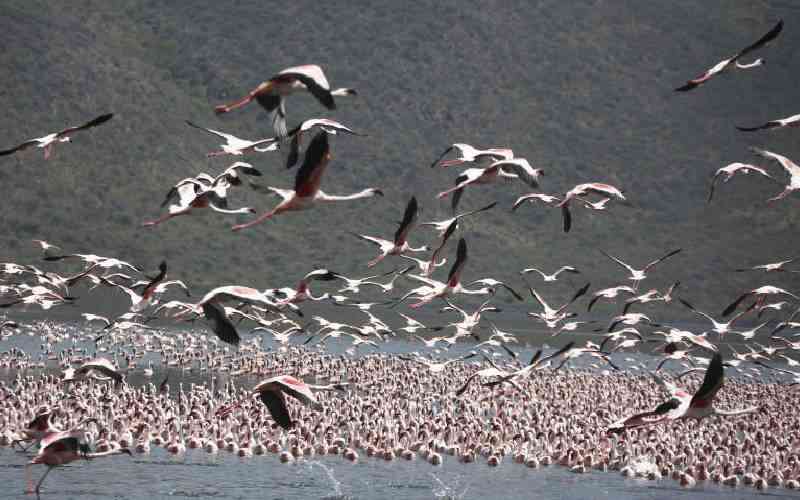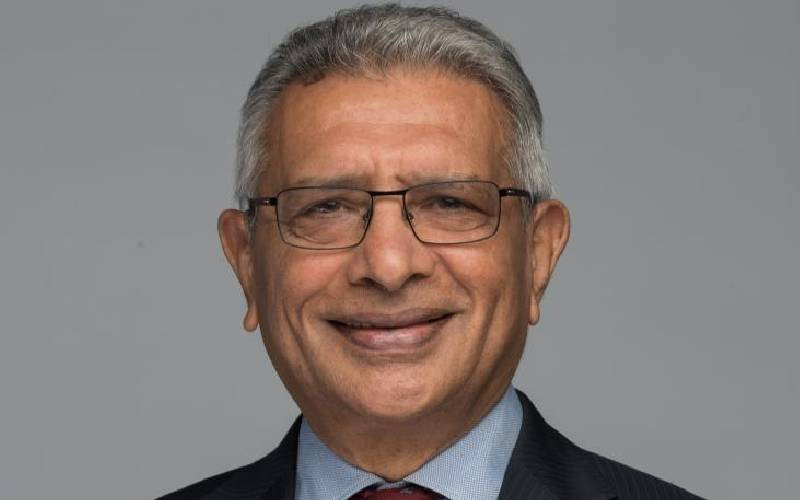Despite her enormous natural resources that are the envy of the rest of the world, Africa continues to lag behind as far as the development of green energy technology is concerned.
Take the case of hydropower for example. Africa is home to some of the world’s biggest rivers such as the Nile and Congo. Yet, only 4.2 per cent of hydropower has been exploited.
One of the challenges cited for the low clean-energy output is the lack of patents in clean energy technologies that limit the transfer of clean technologies to the continent.
Of the one per cent of patents in Africa, majority are in South Africa. Thus, much of sub-Saharan Africa cannot effectively harness the great potential in clean energy.
Why the complacency? It is generally understood that the continent’s ecological footprint is still low.
However, that is rapidly changing. According to a report prepared jointly by the African Development Bank and the Organization for Economic Co-operation and Development, the continent’s growing population is exerting enormous pressure on natural resources, depleting them at a faster rate than that of renewal.
Greenhouse gases
And while the continent brags about its low emission of greenhouse gases, it still uses fossil fuels while relying heavily on natural resources. Many of its economic activities have the potential to significantly raise these emissions considerably.
As an example, the mining industry on the continent has been one of the most robust economic drivers. A number of countries continue to discover new minerals, including oil. Still, only 15 per cent of the mined content is valuable while the remainder, a whopping 85 per cent, is waste.
Entitled Enabling Green Growth in Africa, the report states that Africa is slowly reaching the environmental threshold as far as environmental sustainability is concerned.
“Estimations show, for instance, that an increase in water stress may affect between 75 and 250 million people in Africa by 2020, while the decline in rain-fed agriculture yield, by up to 50 per cent in some regions, in the same period, would threaten development goals in terms of food security, poverty reduction and the continent’s natural capital,” says the report.
Still, there has been very little investment in the green sector due to financial commitments in other aspects of living. All those anomalies will have to be addressed if Africa is going to be the next frontier in clean energy technology.
—[email protected]
 The Standard Group Plc is a
multi-media organization with investments in media platforms spanning newspaper
print operations, television, radio broadcasting, digital and online services. The
Standard Group is recognized as a leading multi-media house in Kenya with a key
influence in matters of national and international interest.
The Standard Group Plc is a
multi-media organization with investments in media platforms spanning newspaper
print operations, television, radio broadcasting, digital and online services. The
Standard Group is recognized as a leading multi-media house in Kenya with a key
influence in matters of national and international interest.
 The Standard Group Plc is a
multi-media organization with investments in media platforms spanning newspaper
print operations, television, radio broadcasting, digital and online services. The
Standard Group is recognized as a leading multi-media house in Kenya with a key
influence in matters of national and international interest.
The Standard Group Plc is a
multi-media organization with investments in media platforms spanning newspaper
print operations, television, radio broadcasting, digital and online services. The
Standard Group is recognized as a leading multi-media house in Kenya with a key
influence in matters of national and international interest.








